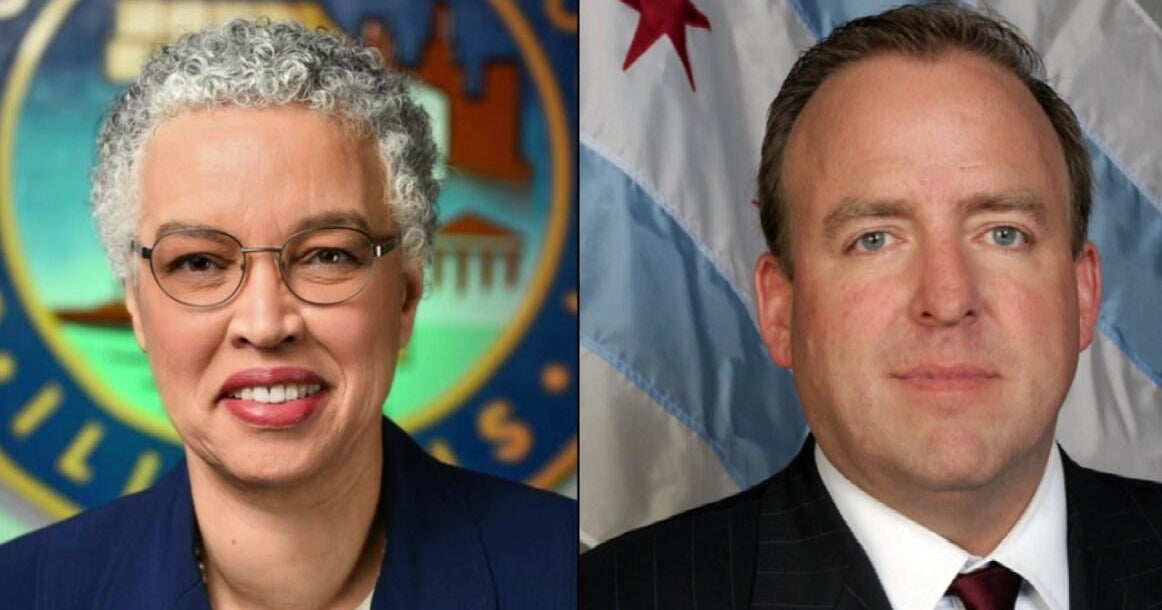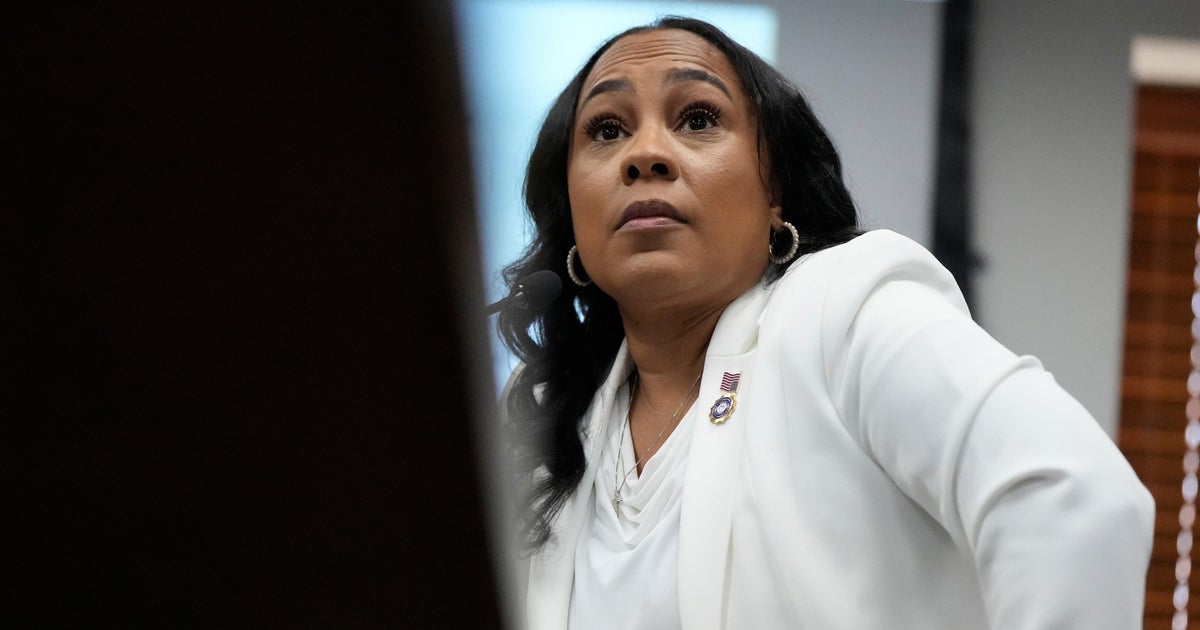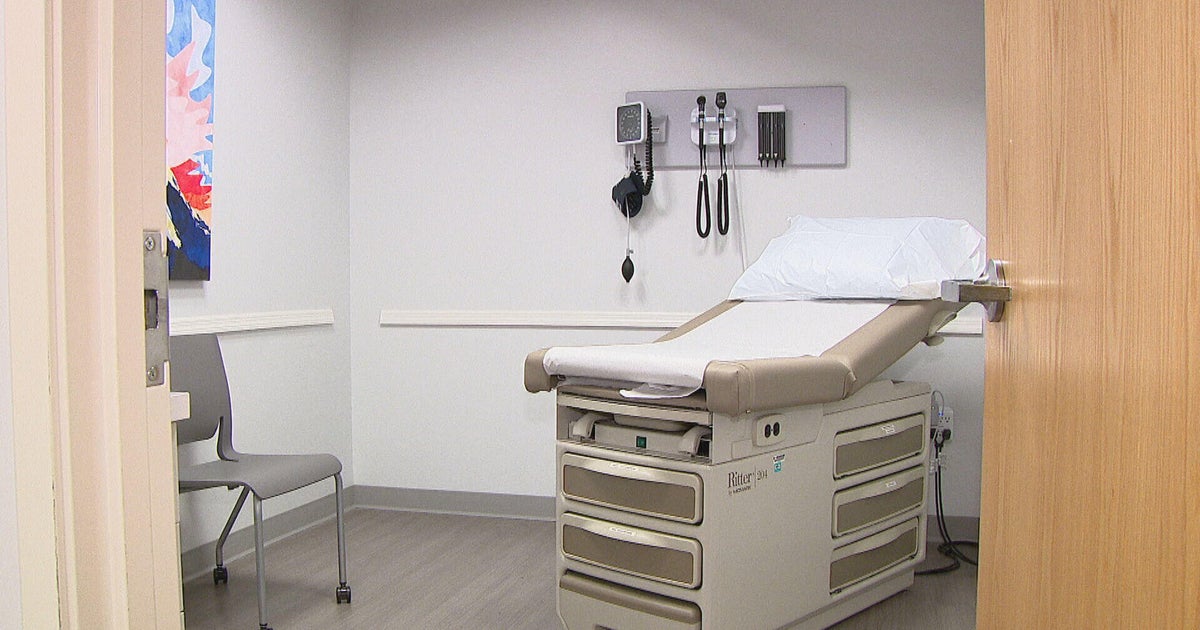Hearing Today On Fight Over State Lawmakers' Pay
CHICAGO (AP) -- A Cook County Circuit Court judge was expected to hear arguments Wednesday in a lawsuit challenging Gov. Pat Quinn's decision to stop lawmakers from being paid until they agree on how to deal with Illinois' nearly $100 billion public pension problem.
House Speaker Michael Madigan and Senate President John Cullerton sued after Quinn used his line-item veto earlier this summer to cut money for legislators' salaries from the state budget. They contend that their fellow Chicago Democrat's actions were unconstitutional and violated the separation of powers between the executive and legislative branches.
The lawmakers have asked Judge Neil Cohen to order paychecks to be issued. Cohen set oral arguments for Wednesday morning, but they were delayed until early afternoon. It was unclear if he planned to rule immediately following the hearing or at a later date.
Quinn says he has the authority to veto the salaries. He says if lawmakers want to be paid they can return to Springfield and vote to override his veto, though he acknowledges such a move could be unpopular with voters.
Lawmakers, who make a base annual salary of about $67,000 plus bonuses for serving in leadership posts, already have missed two monthly paychecks.
State Rep. Michelle Mussman, a Schaumburg Democrat and mother of three, said going without a salary is challenging -- particularly with the added expenses that come with the start of the school year. But she said families in her district are facing similar challenges.
"It's one of the reasons we have to be especially careful of the solution we come up with (for the pension crisis), to have a thoughtful solution for retirees and also make sure we're not adding increased burdens to our other families," Mussman said.
Outgoing House Republican Leader Tom Cross said he's heard from members who've said working without pay has been a hardship and there have been "healthy expenses" in his household with a daughter in college. But the Oswego lawmaker said lawmakers have to come up with a solution.
"Everybody likes to get paid," he said. "I'm not going to complain or whine about it. We've got to get pensions done."
Lawmakers failed to reach an agreement on how to deal with the pension problem during the legislative session that ended in May. They then voted to form a bipartisan committee to tackle the issue. That group has said it's working toward a solution but has not yet issued a recommendation. Any proposal pitched by the 10-member committee would have to be approved by both chambers of the Legislature and Quinn.
Among the ideas being considered by the committee is cutting automatic cost-of-living increases for retirees and basing retirement benefits on the salary earned over a state worker's career, rather than on the larger salary earned at the end of their career. Public employee unions have opposed that plan.
Illinois has the worst-funded public pension systems of any state in the nation, largely because for years legislators voted to not make their full annual contributions to the funds. That annual payment is now about $6 billion, which amounts to about one-fifth of the state's general fund budget.
(TM and © Copyright 2013 The Associated Press. All Rights Reserved. This material may not be published, broadcast, rewritten or redistributed.)







